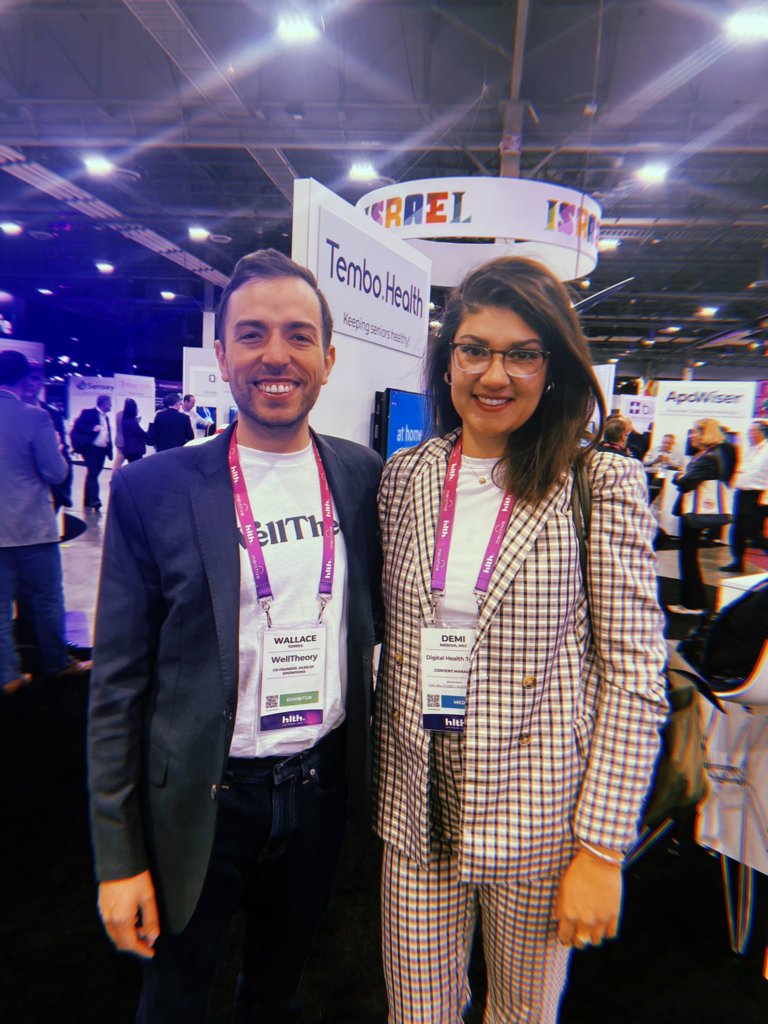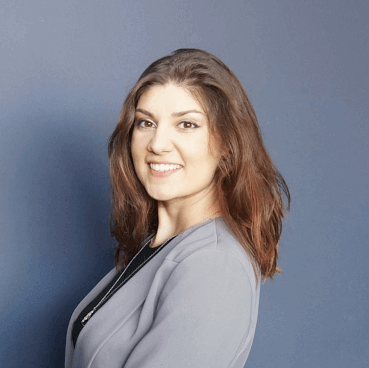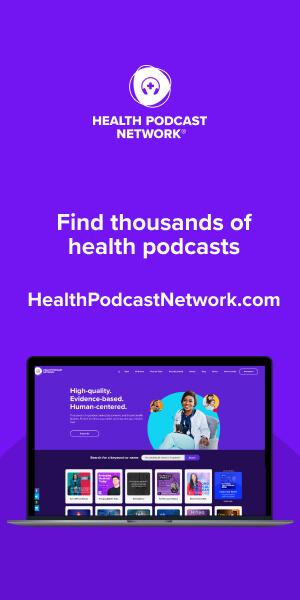During this year’s HLTH conference, Demi Radeva, one of Digital Health Today’s global ambassadors, had a one-on-one with Wallace Torres, Co-Founder of WellTheory.
WellTheory provides personalized, evidence-based nutrition and lifestyle coaching with a focus on autoimmune health.
Wallace shares his perspectives and experiences for securing reimbursement and investment in what are often labeled “squishy“ innovations. These include innovations in spaces such as behavioral, wellness, health equity, and social determinants of health.
Read on for practical workarounds, tips and tricks.

Q1: Discuss the power of digital health technology reimbursement. How has it helped or hindered your progress?
Wallace: We launched the company direct to consumer (D2C) and that was intentional. The type of work we are doing around nutrition and lifestyle is not covered by reimbursement right now.
WellTheory is a nutrition and lifestyle solution for those with autoimmune conditions. We are in the early days on understanding the relationship between the gut and the body. A lot of different companies are taking different angles, but for us, we know that autoimmune [conditions] mean there is inflammation in the body. We know that nutrition has a massive impact on that, we know that lifestyle has a massive impact on that, we know that stress, sleep, movement… all these things contribute to inflammation in the body. But to-date, there is not much acknowledgement from the established system on this topic. Having a D2C approach was the way to demonstrate the proof points.
For us to now innovate in this space, we must look at self-insured employers that are willing to allocate additional funds around innovation and innovative solutions. This is all making the [innovation] process harder, because now we must involve individual CFOs as opposed to being able to say – here are the reimbursement codes – and go from there.
Q2: What strategies, tools, and mental models have helped your company secure reimbursement?
Wallace: We started with nutritionists. We recently hired a registered dietician and are in the process of figuring out the existing codes for nutritional therapy. What we are finding is that those codes are very limited, and they have to-date mostly been used around diabetes. Medicare only reimburses for diabetes and stage three renal care. Private insurance reimburses for more things such as weight loss based on the BMI. The one autoimmune category that falls under these codes is all GI related conditions (i.e., conditions like Crohn’s disease and Colitis).
The approach we have had to take is to use a registered dietitian to solve for patients that have a reimbursable diagnosis tied to specific codes to 1) secure reimbursement and 2) demonstrate the proof points and 3) go back and make the argument for all the other conditions. For example, out of the population that was treated for Crohn’s [a reimbursable condition with codes], 10% has rheumatoid arthritis and they’re doing X% better, another 10% has psoriasis and they are seeing X% improvement, and another 15% has Hashimotos and they are also seeing X% improvement in their symptoms.
The big caveat is that we can’t go near Medicare. Medicare just does not reimburse for anything outside of diabetes and stage three renal care, even though, there are three major time points that are known to trigger autoimmune conditions – puberty, childbirth, and menopause. Technically, our solution would be extremely beneficial to postmenopausal women, but because of the reimbursement landscape, that is not an offering at this time.
Q3: What has hindered your ability to gain reimbursement?
Wallace: The reimbursement system only acknowledges registered dietitians. It does not matter that our nutritionists are wonderful as can be seen in our results to-date: 84% of our members experience decrease in fatigue, 54% report decrease in pain and how often it gets in the way of their lives, 29% of our members on biologics have decreased use or completely come off them (of course under the supervision of their doctors). All of these outcomes have resulted from the use of a nutritionist and a health coach only. What we end up having to do is trying to find the odd, small, local health plans that are willing to innovate.
Additionally, we know that our care model is most successful when a nutritionist or dietitian focus on diet changes and a health coach focuses on behavioral and lifestyle changes. We are trying to reconcile this with reimbursement codes, and we still haven’t figured out the right answer.
Q4: What can payers do differently?
Wallace: Where we are getting skepticism or pushback is from physicians. They argue the connections we are making are not demonstrated. But we are generating the initial evidence base. We are where diabetes was 10 years ago. We know that nutrition and lifestyle have a massive impact on health in general and especially for autoimmune conditions, but we are still in the early days of demonstrating just how big of a relationship there is and how big of an impact we can make in the space. For example, for diabetes, weight loss is highly correlated with the ability to control the condition. We are still trying to find the equivalent biomarkers and key metrics for autoimmune conditions.
The industry in general devalues what are considered non-clinical events, but they have a massive impact on our lives and can be much more important. So even though the data base is small, it is there. We need physician’s acknowledgement and support to double down on the spaces where we do see preliminary results.
Lightning Round
- What is a saying, quote or phrase that motivates you?
“Keep the main thing the main thing.” ~ Stephen Covey - What advice do you have for others working to innovate and healthcare?
Don’t underestimate how much luck has to do with it. - What book do you recommend to our listeners?
How Will You Measure Your Life? by Clayton M. Christensen - What is a technology that makes your life better and easier and keeps you healthy?
Notion – a project management tool. - What is a space in healthcare that isn’t getting much attention, but should?
Autoimmune conditions. 50M+ individuals are affected by these conditions. Not only that, but post-pandemic, people are suffering from long COVID, and it behaves like an autoimmune condition. We need further investment to investigate it.





